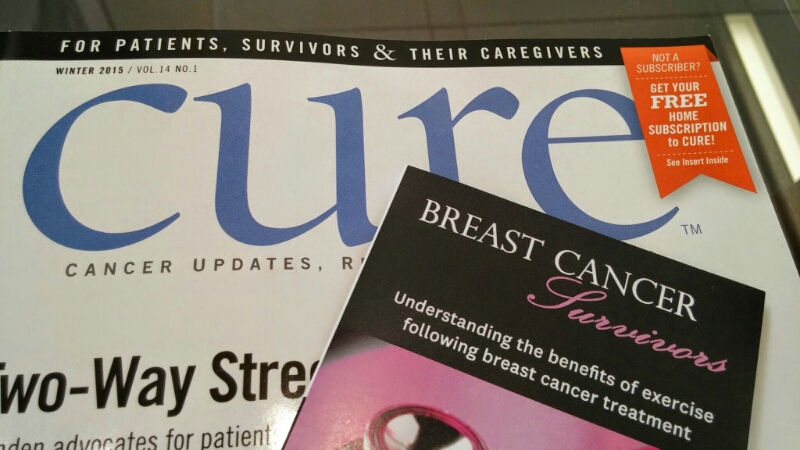
I am not saying that patients are not allowed to view themselves as survivors if that is somehow empowering to them and their particular struggle, but the term is another example of the “war metaphor” that dominates the dialogue and casts the cancer “battle” in a negative, pre-defeated light.
Like too many things in our media culture, the narrative on cancer has been driven in a lazy and convenient fashion for many years. Certainly when the War on Cancer was declared by President Nixon over 40 years ago, it was an apt analogy. Cancer research was still in its relative infancy, even after half a century of good scientific inquiry and thousands of years of anecdotal analysis, folk medicine and traditional therapies being attempted. Since 1971, the story has been changing, evolving on an almost constant basis.
Of course, one of the problems with this “war” was the perception that the “enemy” was a common one, that there was a unified cause which could be eradicated. The issue is complicated by the reality that there are hundreds of cancers and they do not share a singular cause, certainly not a single cure. This has led to the perception that the “war” has been lost, or is at the very least unwinnable. But the war wages on, against odds the soldiers enter the field and the lucky ones get out alive — only the lucky ones, the most persistent and toughest, the Survivors. All the rest of those soldiers, of course, are just part of the meat factory. And with cancer rates “on the rise,” that means most of us. At least that is the implication. But it is a false implication.
Cancer cells are not “hostile.”
There is no “war.” There is no “enemy.” What there is, in the reality of our day, is a host of medical conditions that are progressively more possible to live with when discovered early enough. Sometimes even when “early enough” comes later than it is supposed to. This is because, even when doctors have exhausted their own known options, there are often research scientists with new ideas and experimental treatments. The options do not always work, patients do not always persevere.
And cancer cannot always be cured. Even in instances where there is no detectable cancer present after treatment, many forms of cancer may still return at some future point. We all know and understand this.
To approach the discussion honestly, and to take into account the advances of medical science, new and simpler language is required. The first, best step is the removal of metaphor. The fear of war, the fear of an enemy, these potentially debilitating concepts and the demoralizing use of terms that either insinuate patient blame or responsibility for their cancer, all of these can be erased from the lexicon of cancer terms. The only common term to describe cancer patients is “living.”
And that is what treatment is all about. It is about living. When receiving the news that a friend or colleague has been diagnosed with cancer, many people inadvertently recoil or will withdraw from social interaction with the patient, perhaps stemming from a personal experience of their own though almost certainly influenced by the narrative they are used to: the losing battle, the endless suffering of a futile war. It would be better, healthier, for everyone to remember that the patient is alive, intends to continue experiencing the joys of life and is pursuing the path to achieve this goal.